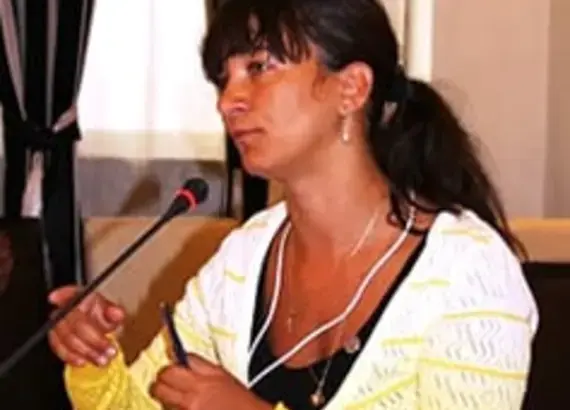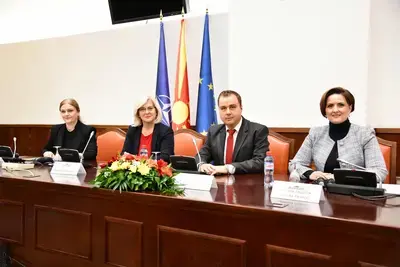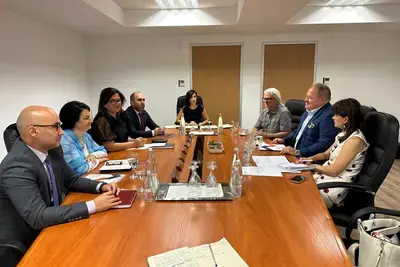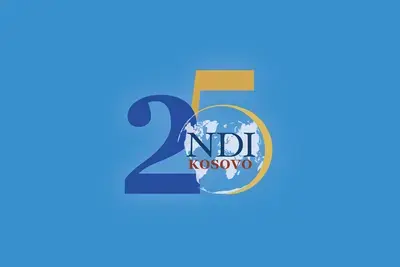
Success Story
Policymakers Share Strategies to Help Roma Minorities
When a Roma camp in the northern, Serbian part of Kosovo’s divided city of Mitrovica was found to have lead contamination, the government built new houses for those affected in the south of the city. The new housing has gone unoccupied, however, as Roma have balked at moving into a new community without talking with residents in advance about how they would integrate into the area's economy, education system and other aspects of community life.
This is the sort of well-intentioned but less than effective initiative that government agencies tasked with Roma relations are trying to learn from and avoid in the future. A recent summit in Bucharest, Romania, attempted to do just that, convening policymakers from eight countries in Central and Eastern Europe who are responsible for carrying out national strategies for inclusion of Roma minorities, also known as Gypsies. The officials’ job is to overcome deeply entrenched mistrust, segregation and poverty in Roma communities, despite their shoestring budgets with few staff, minimal political capital and little real authority within their governments.
Though there are an estimated 10 million Roma in Europe, they generally live outside mainstream society and are excluded from the political system through discrimination and segregation. Despite an emerging middle class, most Roma communities remain impoverished, plagued by crippling unemployment, high illiteracy rates, poor infrastructure, and lower-than-average life expectancy, conditions that stem from centuries of ethnic persecution, including slavery and genocide.
In a candid exchange at the NDI-sponsored summit, policymakers shared their frustrations and triumphs securing resources, finding accurate Roma demographics and building support for their initiatives, both within their governments and Roma communities. Participants consistently stressed the importance of listening to the communities’ needs to avoid well-intentioned but ineffective projects. The group agreed on eight ways to increase the agencies’ effectiveness, including improving data collection on Roma communities to get a better handle on the need for their programs, and promoting and protecting the political participation of Roma women.
Doru Romulus Costea, Romanian state secretary for foreign affairs, and Ilie Dinca, president of Romania’s National Agency for Roma opened the event, which also featured Istvan Gyarmati, representing Hungary’s newly-formed Lantos Institute. Jan Marinus Wiersma, former member of the European Parliament from the Netherlands and president of the European Roma Grassroots Organizations Network, emphasized European cooperation in his remarks. "It is essential that more information is exchanged about what works and what not," he said. "Good intentions are not enough and many projects have failed because of bad judgements caused by a lack of intimate knowledge about the Roma community."
The idea for the summit stemmed from a 2009 NDI report, Assessment of Barriers to Roma Political Participation in Romania, which found that the country’s National Agency for Roma was plagued by high leadership turnover, a lack of long-range planning, limited financial backing and little influence within the Romanian government. To give it more authority, NDI recommended, among other things, that it partner with civil society and local governments. The Institute concluded that similar actions would benefit Roma agencies throughout the region, which, in many cases, are struggling to improve their outreach to Roma communities.
The Institute will continue to work with leaders of Roma policy agencies as they seek to build collaborative relationships, share best practices, and engage regional institutions, such as the European Union and the Decade of Roma Inclusion, toward their common goals.
The conference was funded by the National Endowment for Democracy with support from the Open Society Institute.
Related:
Pictured above: Gabriela Hrabanova, director of the governmental council for Roma community affairs in the Czech Republic, speaks at the summit.
Published February 28, 2011



